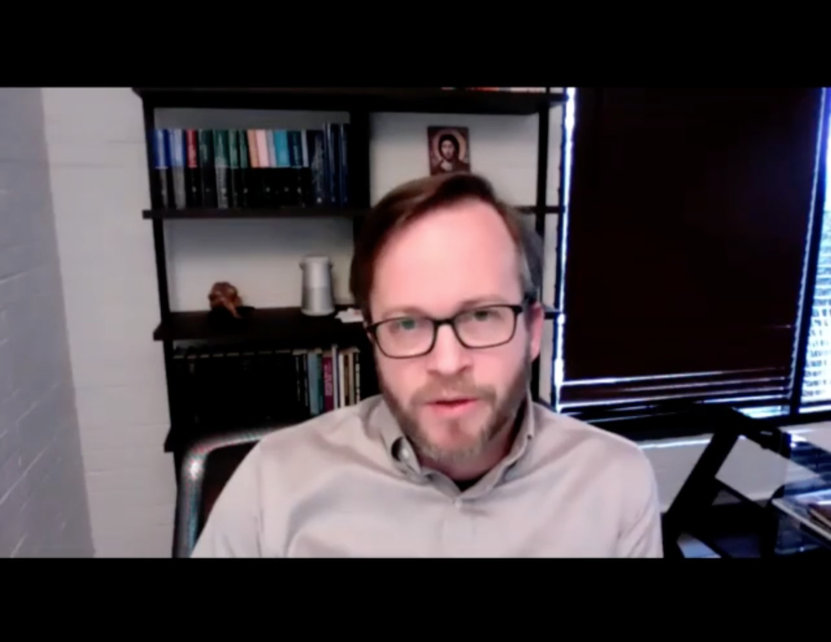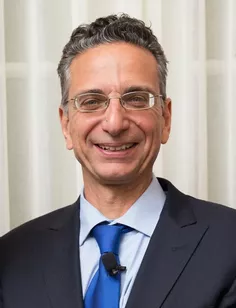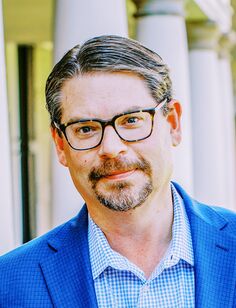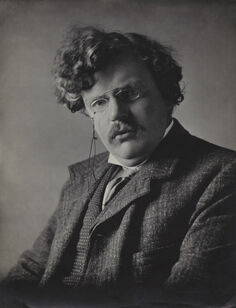Trump, Evangelicals, and the Present Crisis
We are in the midst of a very controversial election period in which there have been reams of commentary about the role played by evangelicals.
How can the church engage in political issues without having a politicized faith? What should we be thinking about the role of Evangelicals in the riot at the Capitol? How does the American evangelical church come back together and heal as one body even with divergent political views?
Dr. Timothy Dalrymple, President and CEO of Christianity Today and Walter Kim, President of the National Association of Evangelicals, tackle these difficult questions.
Dr. Timothy Dalrymple was raised in nondenominational evangelical churches in California. A national champion gymnast, he went to Stanford University where he suffered a broken neck his sophomore year. Then followed many years in academia, at Stanford, Princeton Theological Seminary, and Harvard’s Graduate School of Arts and Sciences, where he made suffering a key theme of his research and teaching in modern western religious thought. Dalrymple helped to launch Patheos.com, an online marketplace of religious ideas, and pioneered many of the techniques that led Patheos to become the world’s largest platform for multi-religious conversation.
In 2013, Dalrymple founded Polymath, a creative agency that serves businesses and nonprofits serving the world. In May 2019 he became President and CEO of Christianity Today, the flagship evangelical media ministry founded in 1956 by Billy Graham.
Dr. Walter Kim became the President of the National Association of Evangelicals in January 2020. He also serves as pastor for leadership at Trinity Presbyterian Church in Charlottesville, Virginia, after ministering for 15 years at Boston’s historic Park Street Church. Kim received his Ph.D. from Harvard University in Near Eastern Languages and Civilizations, his M.Div. from Regent College in Vancouver, and his B.A. from Northwestern University. He regularly speaks at college campuses, churches, retreats and symposia, particularly in the areas of biblical theology and cultural issues.





